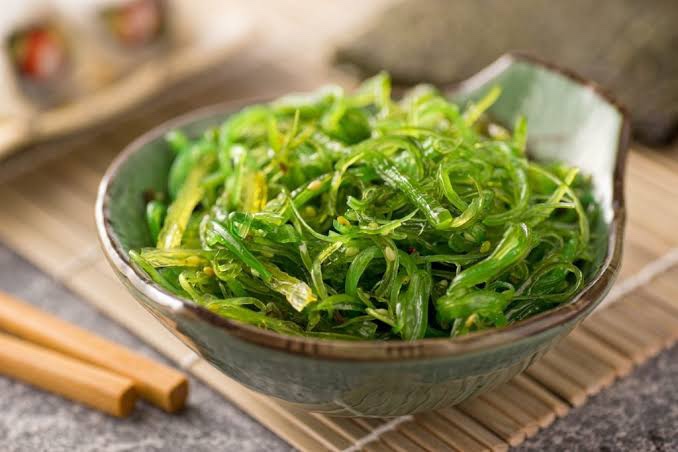Sodium: Importance, Deficiency, and Top Sodium-Rich Vegan Foods

Sodium is an essential mineral that plays a crucial role in maintaining various bodily functions. While sodium is often associated with negative health effects in excess, it is important to strike a balance and ensure an adequate intake to support physiological processes. This article will delve into the importance of sodium, the symptoms of its deficiency, and highlight some sodium-rich vegan foods that can help maintain a healthy sodium balance.
The Importance of Sodium:
Sodium is essential for maintaining proper fluid balance, nerve function, and muscle contraction. It helps regulate blood pressure, facilitates the transmission of nerve impulses, and supports the absorption of nutrients. Sodium also plays a role in maintaining the pH balance of the body and is involved in the proper functioning of the kidneys.
Sodium Deficiency and Symptoms:
A deficiency of sodium, known as hyponatremia, can occur due to excessive sweating, diarrhea, vomiting, certain medications, or medical conditions. Symptoms of sodium deficiency may include fatigue, muscle weakness or cramps, headache, nausea, confusion, and in severe cases, seizures or coma. It is important to note that sodium deficiency is rare in individuals consuming a balanced diet, as sodium is found abundantly in many foods.
Top Sodium-Rich Vegan Foods:
While it is important to consume sodium in moderation, here are some plant-based foods that naturally contain sodium and can contribute to a well-rounded vegan diet:1. Sea Vegetables: Sea vegetables like nori, dulse, and kombu are excellent sources of sodium. They can be incorporated into soups, salads, or used as a flavor enhancer in various dishes. 2. Sauerkraut: This fermented cabbage dish not only offers probiotics but also contains sodium. Enjoy sauerkraut as a condiment or add it to sandwiches and wraps for a tangy flavor boost. 3. Olives: Whether black or green, olives provide a natural source of sodium. Add them to salads, pasta dishes, or enjoy them as a savory snack. 4. Pickles: Pickled cucumbers, beets, or other vegetables are rich in sodium due to the pickling process. They make a tasty addition to burgers, sandwiches, or as a side dish. 5. Tamari or Soy Sauce: These condiments made from fermented soybeans are commonly used in Asian cuisine and contain significant amounts of sodium. Use them in stir-fries, marinades, or dipping sauces for added flavor. 6. Plant-Based Broths: Vegetable broths or bouillon cubes can be a good source of sodium. They can be used as a base for soups, stews, or in cooking grains for added taste.
Conclusion:
Sodium is an essential mineral that plays a vital role in maintaining various bodily functions. While excessive sodium intake can be harmful, maintaining a proper balance is crucial for overall health. Vegan individuals can incorporate sodium-rich foods like sea vegetables, sauerkraut, olives, pickles, tamari or soy sauce, and plant-based broths into their diet. By being mindful of their sodium intake and consuming these foods in moderation, individuals can support proper fluid balance, nerve function, and overall well-being.




